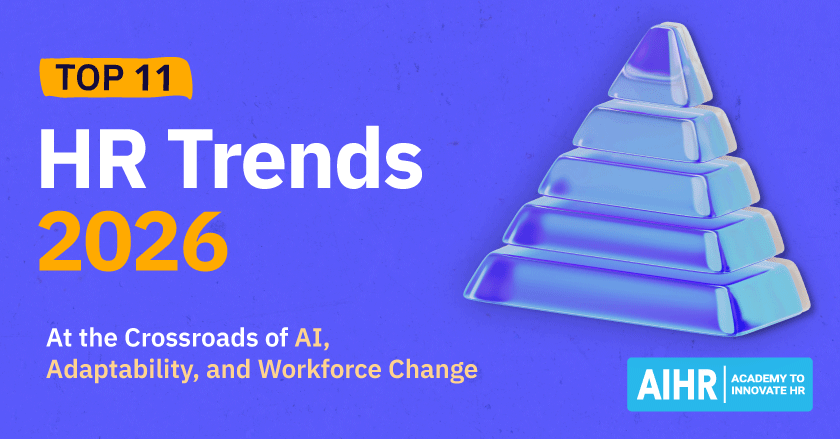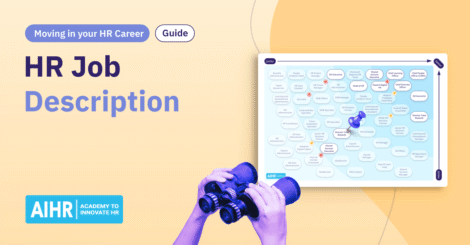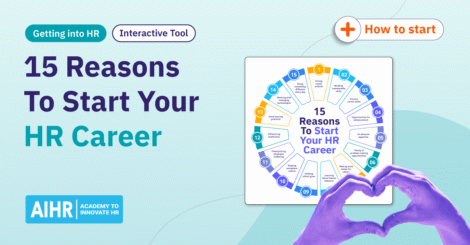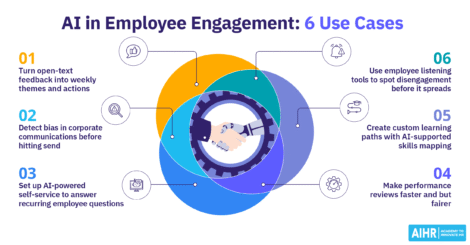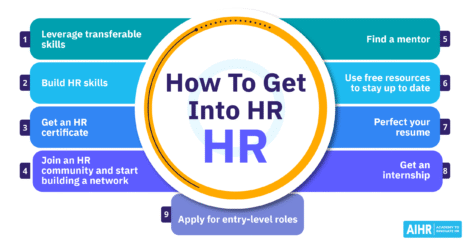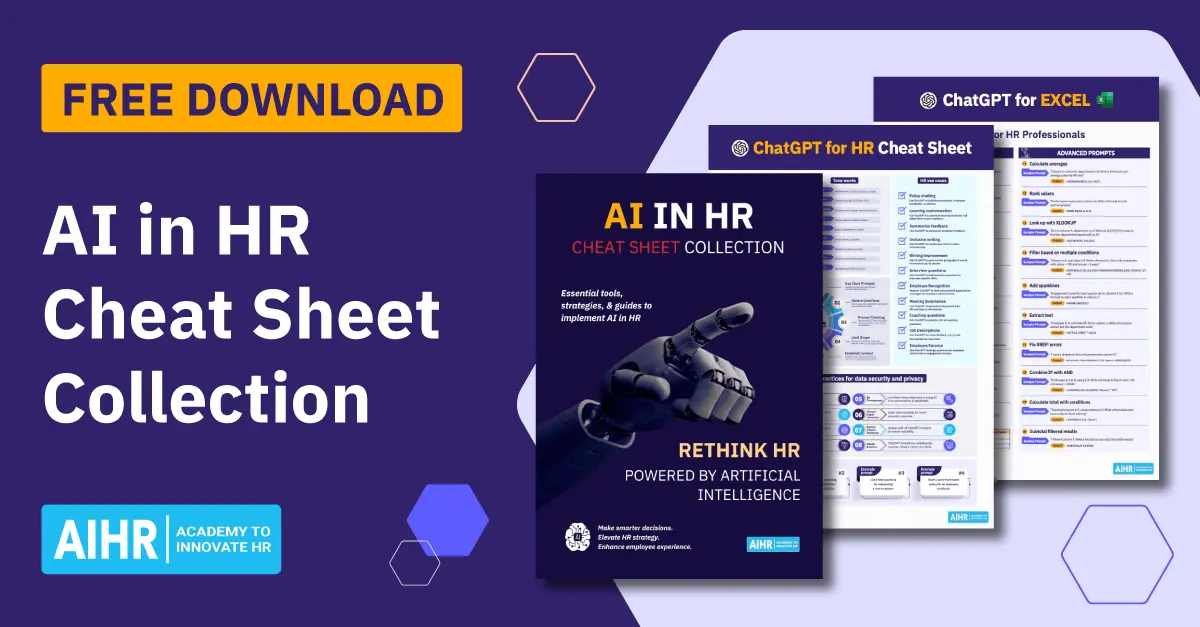The Learning & Development Consultant is an external professional hired by the organization to analyze, research training needs, and assess employees’ current capabilities to identify areas of improvement and develop appropriate training strategies.
Contents
Role family, salary range & work experience
Key responsibilities
Skills & competencies
Job description template
Detailed responsibilities & tasks
KPIs for this role
Training programs
Role family, salary range & work experience
- HR Role family: Solution architect
- Salary range: $73,000 – 89,000
- Work experience: 1–3 years
Key responsibilities
- Collaborate with stakeholders to identify training needs and develop learning solutions that align with the organization’s goals and objectives.
- Design and implement effective training programs using a variety of delivery methods (e.g., instructor‑led, eLearning, virtual, etc.).
- Evaluate the effectiveness of training programs and make recommendations for improvements.
- Stay up‑to‑date with industry trends and best practices related to learning and development.
Skills & competencies
- Action Orientation
- Culture & Wellbeing
- Customer Understanding
- Digital Aptitude
- Interpersonal Skills
- Technology Empowered
Job description template
The Learning and Development Consultant is responsible for designing, implementing, and evaluating training programs for employees in a large organization. This role requires the ability to collaborate with stakeholders to identify training needs and develop effective learning solutions to address those needs. The Learning and Development Consultant will work closely with subject matter experts, trainers, and instructional designers to deliver high-quality training programs that align with the organization’s goals and objectives.
Key responsibilities:
- Collaborate with stakeholders to identify training needs and develop learning solutions that align with the organization’s goals and objectives.
- Design and implement effective training programs using a variety of delivery methods (e.g., instructor-led, eLearning, virtual, etc.).
- Facilitate training sessions and workshops for employees at all levels of the organization.
- Evaluate the effectiveness of training programs and make recommendations for improvements.
- Partner with subject matter experts, trainers, and instructional designers to ensure training materials are accurate, engaging, and effective.
- Stay up-to-date with industry trends and best practices related to learning and development.
Requirements:
- Bachelor’s degree in Human Resources, Business Administration, or related field.
- 3-5 years of experience in Learning and Development or related field.
- Strong knowledge of instructional design principles and adult learning theory.
- Experience developing and delivering training programs using a variety of delivery methods.
- Excellent communication and interpersonal skills.
- Strong project management skills with the ability to manage multiple projects simultaneously.
- Ability to work independently and collaboratively in a fast-paced environment.
- Proficiency with learning management systems (LMS) and other learning technologies.
Preferred Qualifications:
- Master’s degree in Human Resources, Business Administration, or related field.
- Experience in a large, complex organization.
- Certification in instructional design or related field
Detailed responsibilities & tasks
- Collaborate with stakeholders to identify training needs and develop learning solutions that align with the organization’s goals and objectives.
- Design and implement effective training programs using a variety of delivery methods (e.g., instructor-led, eLearning, virtual, etc.).
- Facilitate training sessions and workshops for employees at all levels of the organization.
- Evaluate the effectiveness of training programs and make recommendations for improvements.
- Partner with subject matter experts, trainers, and instructional designers to ensure training materials are accurate, engaging, and effective.
- Stay up-to-date with industry trends and best practices related to learning and development.
Detailed skills description
- Training and Development expertise: A strong understanding of adult learning principles and knowledge of training design, delivery and evaluation methodologies.
- Business acumen: Understanding of business strategies, goals, and objectives to align L&D programs with the organization’s goals.
- Analytical skills: Ability to collect, analyze and interpret data and information to identify skill gaps, learning needs, and evaluate the effectiveness of L&D programs.
- Communication and interpersonal skills: Excellent communication skills to interact with stakeholders at all levels and develop strong relationships. Ability to convey complex information in an easy-to-understand manner.
- Problem-solving skills: Ability to identify issues and develop effective solutions to address organizational and employee development needs.
- Project management skills: Ability to manage multiple projects simultaneously, prioritize workload, and meet tight deadlines.
- Technical skills: Familiarity with various learning technologies and software to deliver training, such as Learning Management Systems, authoring tools, virtual classroom tools, and e-learning platforms.
- Adaptability and flexibility: Ability to adapt to changing business needs and develop customized training solutions for different audiences and departments.
- Creativity and innovation: Ability to think outside the box and develop innovative and engaging learning solutions that can enhance the effectiveness of L&D programs.
- Coaching and mentoring skills: Ability to coach and mentor employees to facilitate learning and development and drive performance improvement
KPIs for this role
- Training effectiveness: measuring the impact of training programs on employee performance and business results.
- Employee engagement: assessing the level of employee engagement with training programs and learning initiatives.
- Learning program metrics: tracking metrics related to learning programs such as completion rates, satisfaction levels, and time to proficiency.
- ROI on learning and development: calculating the return on investment for learning and development initiatives in terms of improved employee performance and business outcomes.
- Needs analysis: conducting needs assessments to identify skills gaps and training needs within the organization.
- Learning technology proficiency: staying up-to-date with learning technologies and ensuring their effective use within the organization.
- Stakeholder satisfaction: measuring the satisfaction levels of stakeholders such as managers, employees, and business leaders with learning and development initiatives.
- Learning culture: assessing the organization’s culture of learning and identifying opportunities to improve it.
- Compliance and regulatory requirements: ensuring that all learning and development programs meet regulatory requirements and compliance standards.
Training programs
- Learning & Development Certificate Program
- Organizational Development Certificate Program
- Diversity, Equity, Inclusion & Belonging Certificate Program


